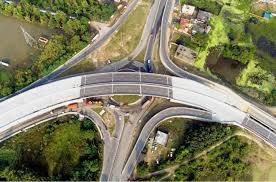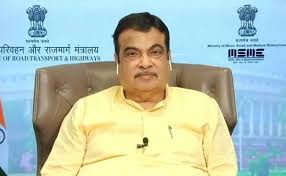
More educated youth are entering the trucking profession because of enhanced roadside amenities. However, there is still a long way to go for highway warriors’ safety on the highways. “Being aware that fast speed also translates into more accidents is one of the important considerations that logistics businesses need to take into account while moving products by road in India, especially with regards to safety and compliance. NHAI and MORTH must launch a robust awareness campaign to educate the public about highway culture. According to Mahendra Arya, accidents occur because drivers are not familiar with the rules of the road.
MORTH should develop a platform for direct communication between the government and stakeholder groups to increase the overall efficacy and efficiency of this sector in India. Road freight should be included in the policies being developed under the PM’s Gati Shakti and National Logistics Policy, not simply air, sea, and rail freight. On both ends of their movements, all other transport systems rely largely on road transportation.
Challenges
Many truck owners are still unorganised single truck owners that supply trucks to transport companies. Despite an increase in the number of fleets controlled by transportation businesses, the reliance on the unorganised sector remains large. The lack of return loads in most sectors is the primary reason why most small and medium-sized transportation enterprises do not own vehicles.
It is difficult for them to compete with big, fleet-owning transport businesses at the same time. The dual GST scheme for the transport sector is to blame. Many transport companies operate under the RCM (Reverse Charge Mechanism) for the straightforward reason that they lease trucks from the unorganised sector; however, a smaller portion, primarily large transport companies, are registered under the FCM (Forward Charge Mechanism), invest in fleet, and receive sizable input credits of GST on the cost of trucks as well as other common products like tyres, lubricants, insurance, and AMC, etc. This creates a gap between the two-level playing fields.
Many issues resulting from the E-way Bill continue to have an impact on transport, prompting vehicles to be stopped by GST inspectors. Therefore, it is incorrect to claim that check posts have been eliminated. The GST’s Section 129 provisions are extremely rigorous. Minor mistakes are treated as evasions and subject to severe fines.
However, technology has played a significant role in enhancing the efficiency of road logistics in India. Technology has instilled a great deal of trust in carriers. By utilising technology, the younger generation has discovered numerous areas for improvement. Life has improved as a result of the alleviation supplied by numerous software, apps, and APIs.
All the other transportation systems depend heavily on road transportation on both ends of their movements











